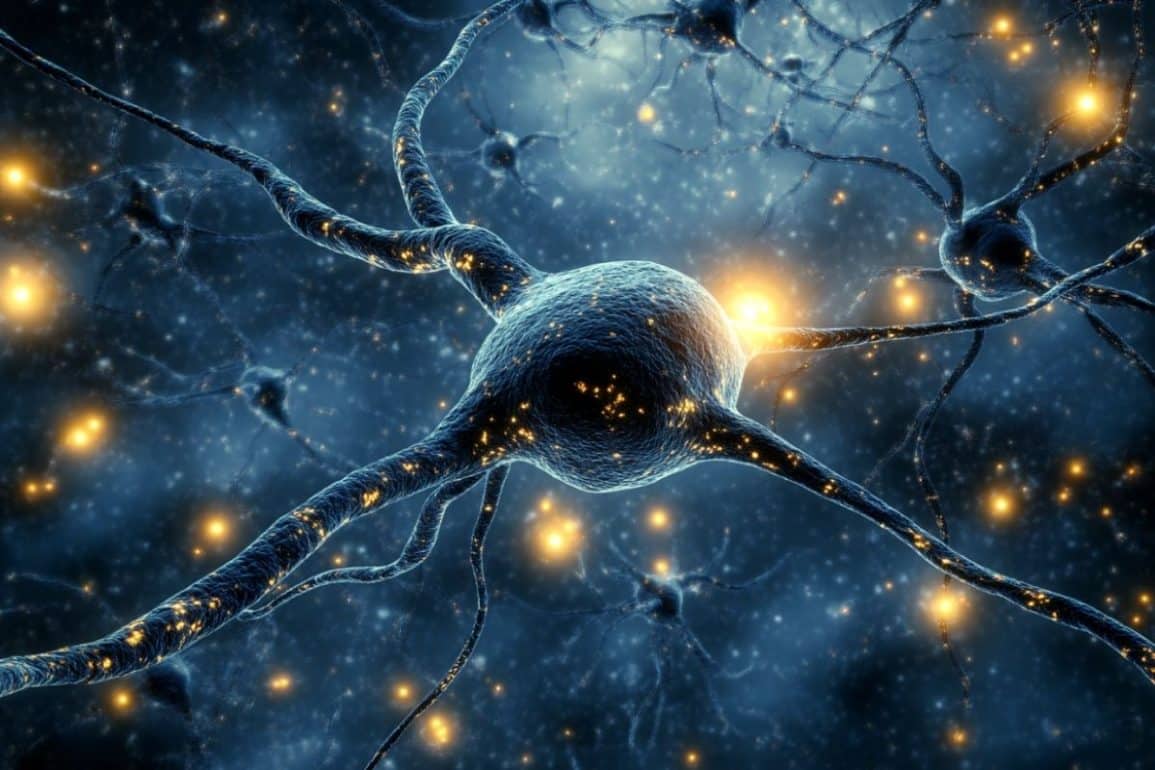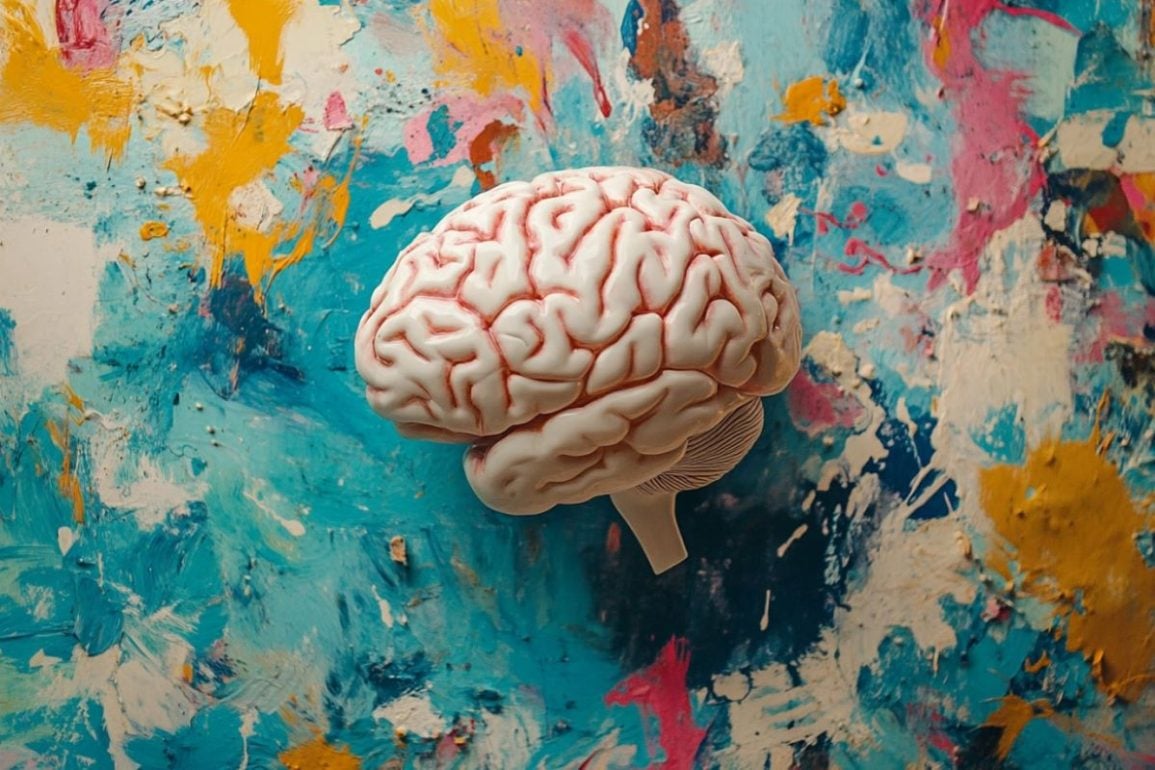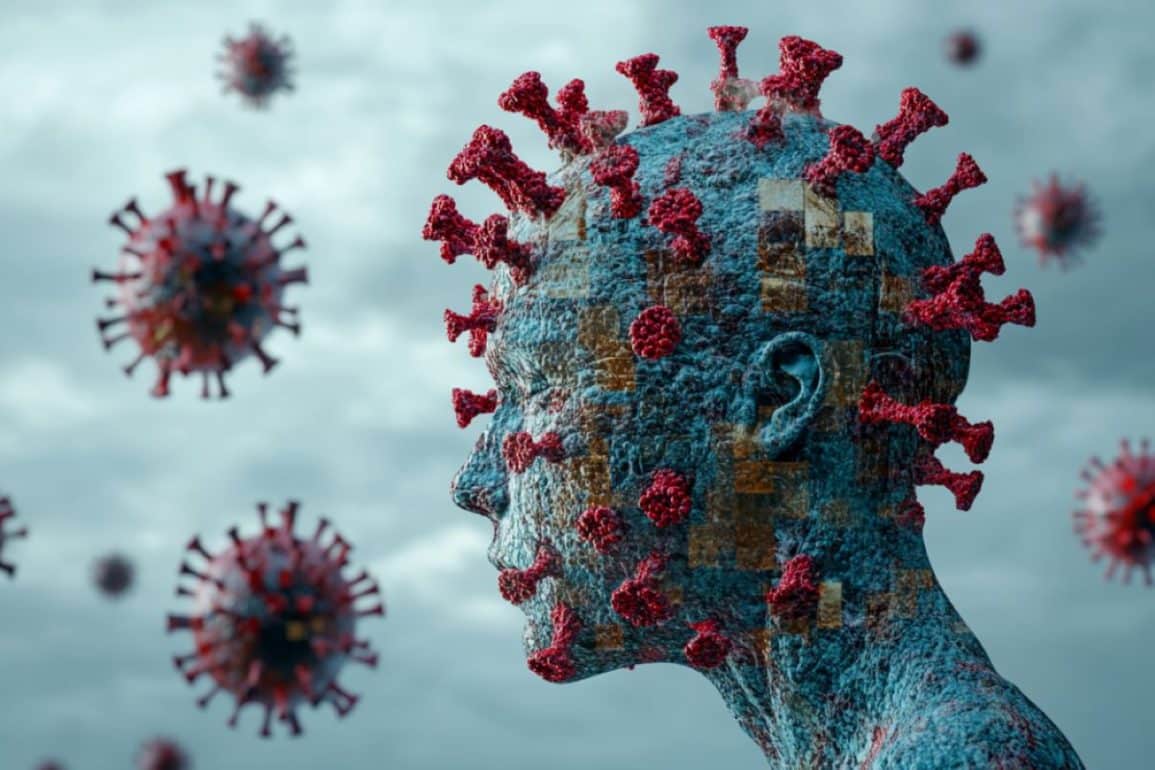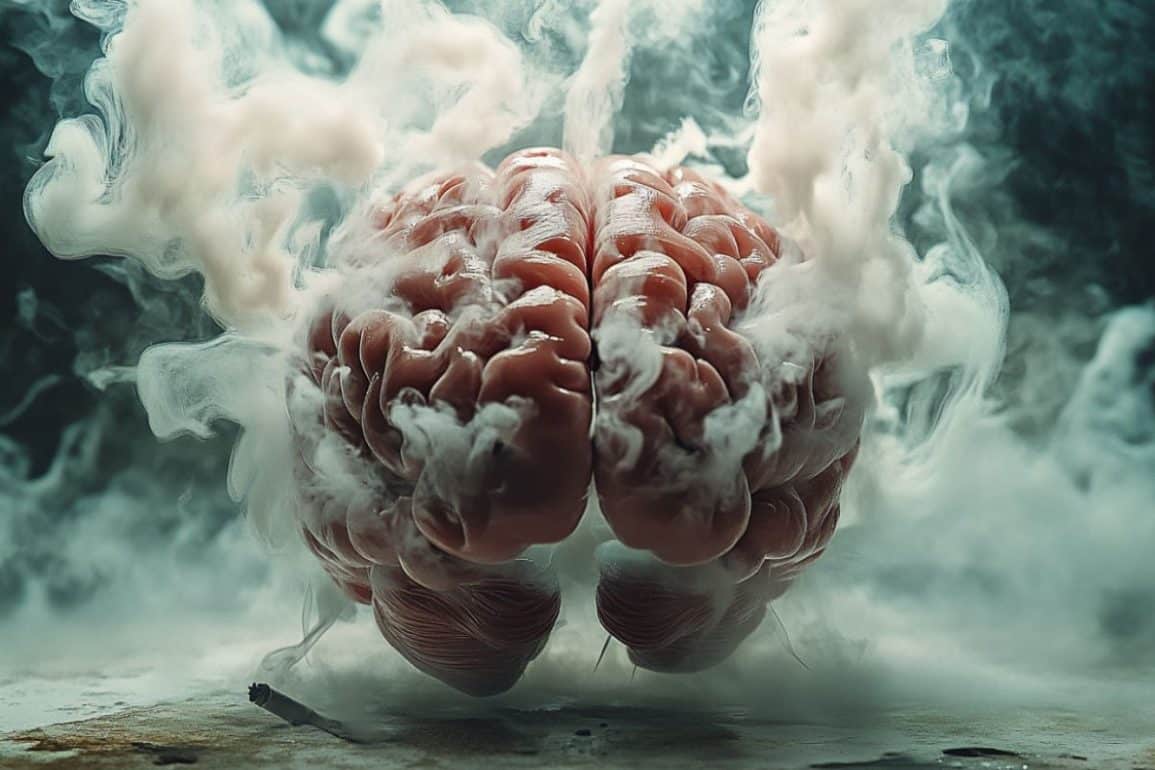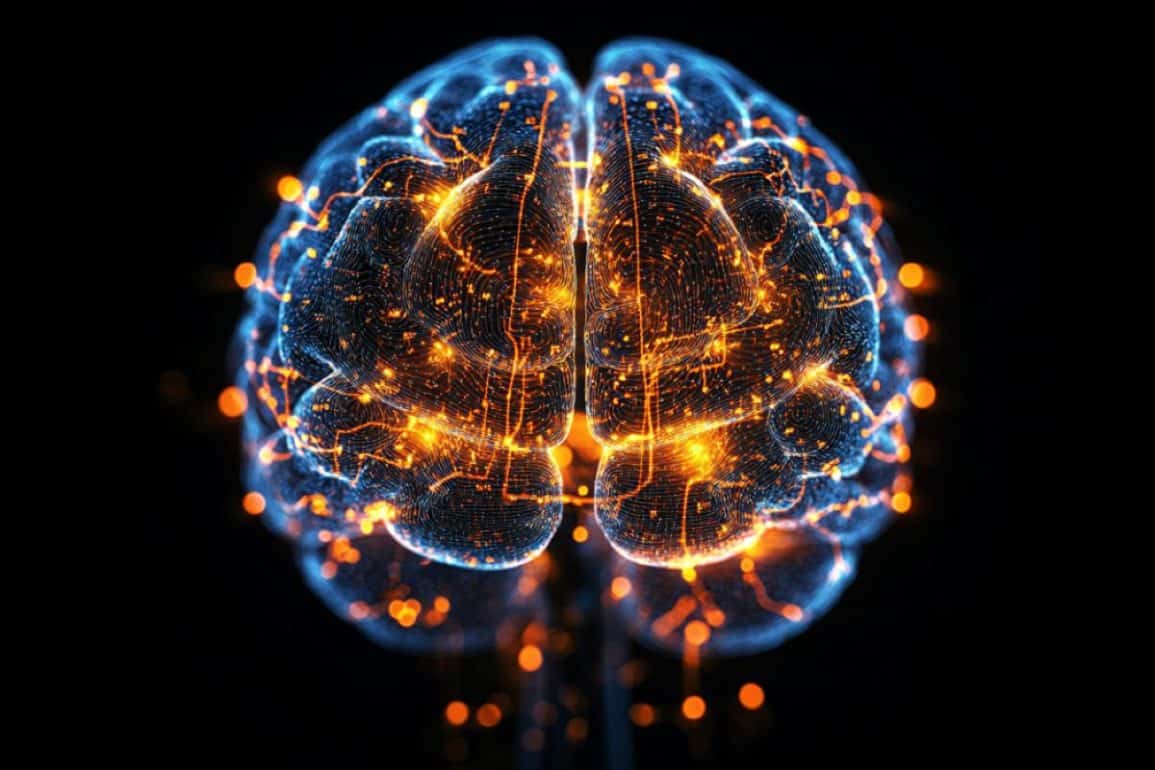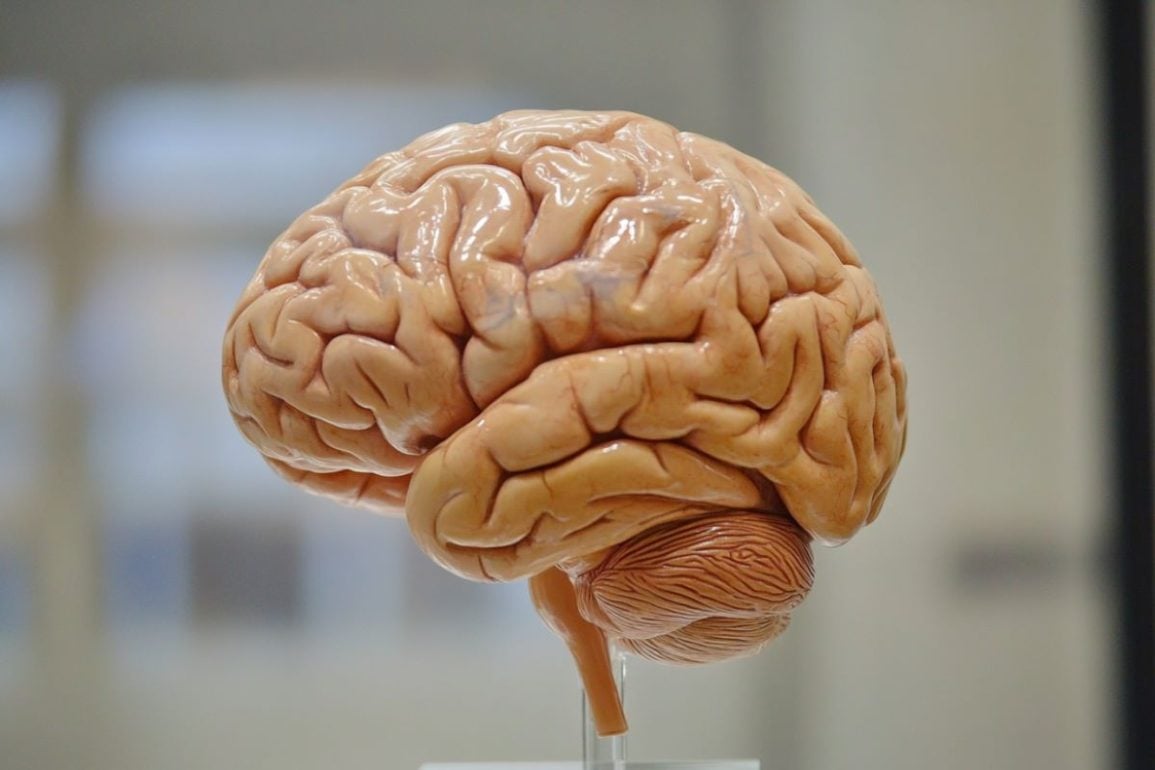Manipulating Brain Waves During Sleep With Sound
 Sound stimulation can manipulate brain waves during REM sleep, a stage crucial for memory and cognition. Using advanced technology, researchers were able to increase the frequency of brain oscillations that slow down in dementia patients, potentially improving memory functions. The non-invasive technique could pave the way for innovative treatments for dementia by targeting brain activity during sleep. This approach offers hope for enhancing memory and cognition with minimal disruption to patients' lives.
Sound stimulation can manipulate brain waves during REM sleep, a stage crucial for memory and cognition. Using advanced technology, researchers were able to increase the frequency of brain oscillations that slow down in dementia patients, potentially improving memory functions. The non-invasive technique could pave the way for innovative treatments for dementia by targeting brain activity during sleep. This approach offers hope for enhancing memory and cognition with minimal disruption to patients' lives. 

